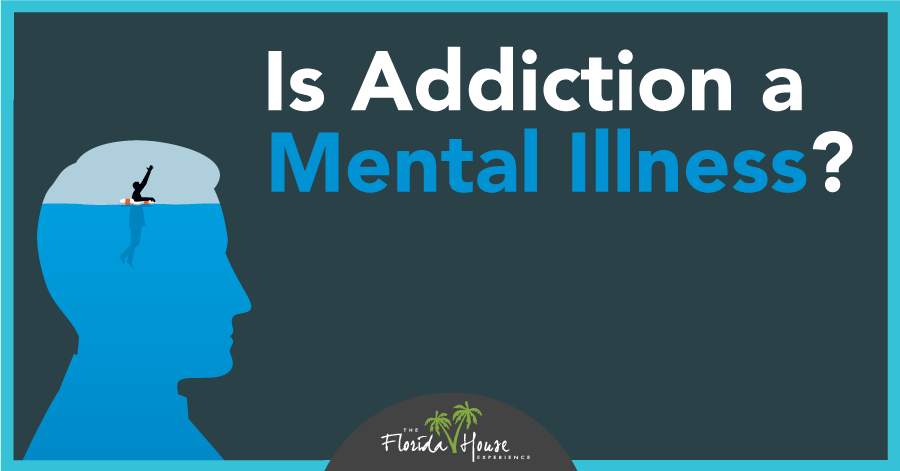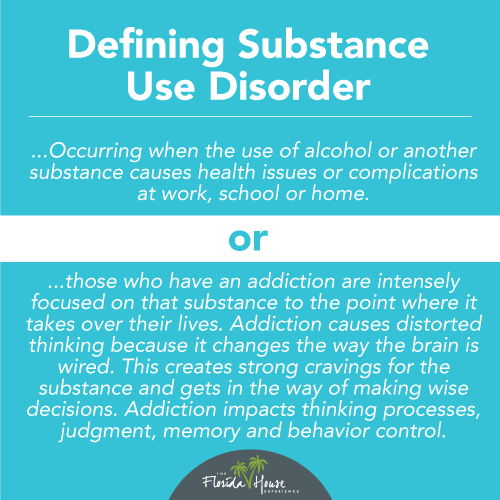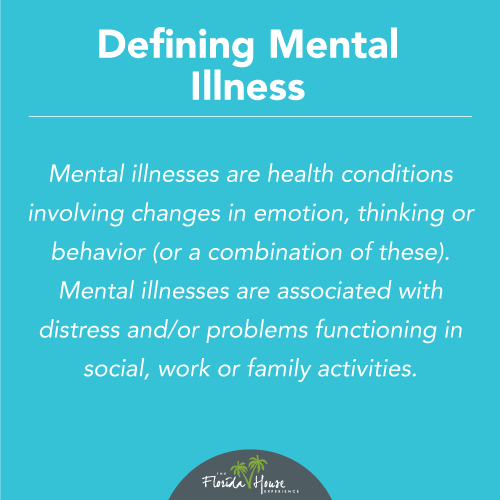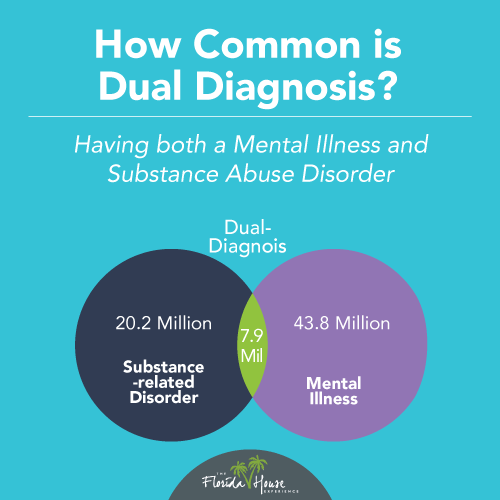
It’s a question many people have asked, and most don’t understand: Are drug and alcohol addictions a mental illness? In some cases, addiction can be considered a mental illness. However, because of the physical components of addiction, it can never just be called a mental health disorder. Nevertheless, it’s a disorder with a psychological component.
Do you think you have an addiction? Perhaps you aren’t sure if your health relates more to physical dependence or mental illness. It can be confusing. It’s common for people to have both a physical and chemical dependency as well as a mental health disorder. When this happens, it’s called a co-occurring disorder or dual diagnosis.
When you visit FHE Health, our team of professionals works to meet your physical and mental health needs through detox and therapy programs. Each program is customized to meet your unique situation. That’s critical when both mental health and substance use disorders are present.
What Is a Substance Use Disorder?
 To classify addiction better, it’s important to understand what a substance use disorder is. The U.S. Library of Medicine’s MedlinePlus website defines a substance use disorder as occurring when the use of alcohol or another substance causes health issues or complications at work, school or home.
To classify addiction better, it’s important to understand what a substance use disorder is. The U.S. Library of Medicine’s MedlinePlus website defines a substance use disorder as occurring when the use of alcohol or another substance causes health issues or complications at work, school or home.
The American Psychiatric Association provides more insight into what addiction is, though. This organization notes that those who have an addiction are intensely focused on that substance to the point where it takes over their lives. Addiction causes distorted thinking because it changes the way the brain is wired. This creates strong cravings for the substance and gets in the way of making wise decisions. Addiction impacts thinking processes, judgment, memory and behavior control.
A substance use disorder like this changes the makeup of the brain, making it hard for an individual to simply stop using the substance. In this way, yes—addiction is a type of mental illness.
Is It Common to Have a Substance Use Disorder and Mental Health Disorder?
 According to the statistics from the National Institutes of Mental Health, it’s not uncommon for people with an addiction to have an underlying mental health disorder. This organization reports that, in 2014, an estimated 20.2 million U.S. adults had some type of substance use disorder. Among those individuals, 7.9 million also had a co-occurring mental illness.
According to the statistics from the National Institutes of Mental Health, it’s not uncommon for people with an addiction to have an underlying mental health disorder. This organization reports that, in 2014, an estimated 20.2 million U.S. adults had some type of substance use disorder. Among those individuals, 7.9 million also had a co-occurring mental illness.
The question, then, is which came first? It’s not fully understood why some people form mental health complications when using drugs or alcohol, and others do not. However, either mental health disease or addiction can come first.
For example, a person who is under a significant amount of stress and anxiety may begin to use drugs or alcohol as a way to stop thinking about the way they feel. When this happens, they can form a chemical dependency to that substance. In this case, the mental health disorder may play the largest role.
On the other hand, a person who drinks socially can develop an addiction without any type of mental health disorder. However, as the addiction develops, he or she can begin to show signs of depression or other disorders. In these people, a genetic predisposition could be behind the development of the mental health disorder.
 When you meet with your team, their first goal is to help stop the physical addiction. This happens in detox. From here, it’s possible to evaluate your physical and mental health. Only after this can a customized treatment plan be created to address any conditions or needs present. When treated together, it’s possible to see a significant improvement in your health and to work towards recovery.
When you meet with your team, their first goal is to help stop the physical addiction. This happens in detox. From here, it’s possible to evaluate your physical and mental health. Only after this can a customized treatment plan be created to address any conditions or needs present. When treated together, it’s possible to see a significant improvement in your health and to work towards recovery.





